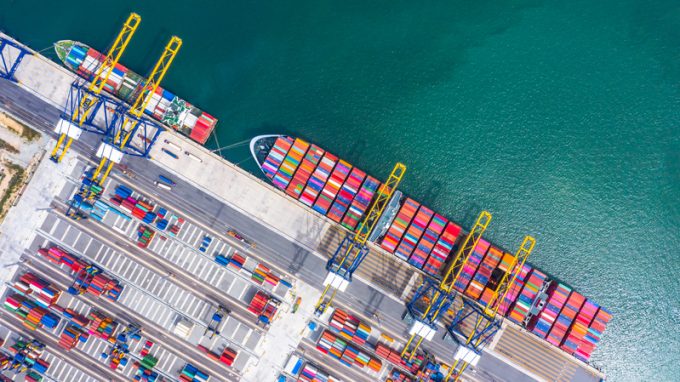Tradelanes: Overcapacity on Asia-S America impacting alliances and rates
Carriers on the Asia-west coast South America trade appear to be on the verge of ...

June is bearing few surprises for container shipping, with demand continuing its inexorable downward correction.
In its latest XSI report, Xeneta’s index of rates is down by 42% year on year, May marking the ninth consecutive month of dropping rates.
And long-term rates fell 27.5% last month ...

Comment on this article